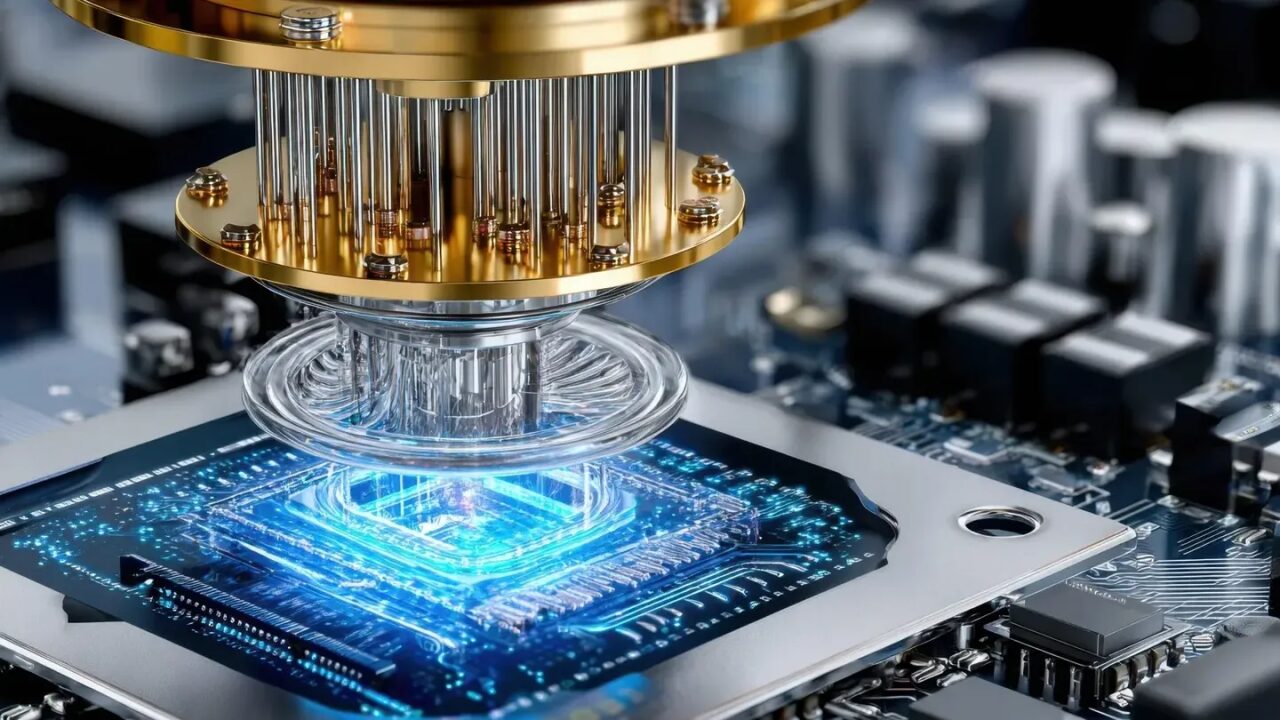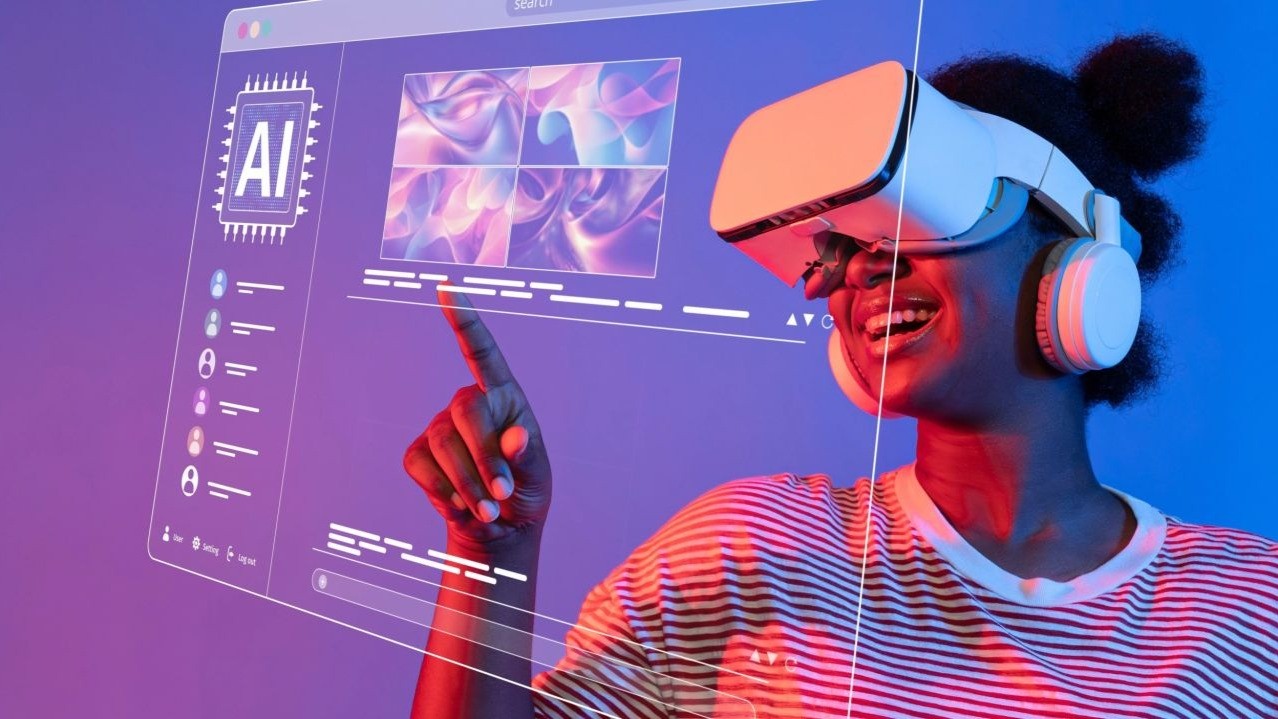4 Smartphones Leading The AI Revolution
18 November 2024
As enterprises increasingly rely on company-issued smartphones as primary computing devices, these mobile devices are becoming the frontline of workplace AI integration. For many organizations, choosing between an iPhone, Samsung Galaxy, or Google Pixel now means making strategic decisions about which AI capabilities will best serve their workforce and enhance productivity.
The $500 billion smartphone industry has transformed into a battlefield of artificial intelligence, with each manufacturer vying to deliver enterprise-grade AI features that can revolutionize workplace productivity and security. But which company is actually providing the most valuable AI capabilities? Let’s dive into the unique approaches each major player is taking to win over enterprise customers with their AI innovations.

Apple iPhone: Where Privacy Meets Intelligence
Apple's fashionably late arrival to the AI party with its Apple Intelligence platform proves that good things come to those who wait. Through a strategic partnership with OpenAI (the creators of ChatGPT and DALL-E), Apple has introduced a sophisticated suite of AI tools that seamlessly blend cloud-based and on-device processing.
The platform's standout features include an advanced language model that handles everything from email drafting to document summarization while breathing new life into Siri's conversational abilities. The playful Image Playground and Genmoji features add creative flair to the package, letting users generate custom images and personalized emojis.
What truly sets Apple apart, however, is its unwavering commitment to privacy. By processing many AI features directly on the device, it has managed to deliver cutting-edge capabilities while minimizing the transmission of sensitive data to the cloud – a compelling proposition for the privacy-conscious consumer.
Samsung Galaxy: The Performance Powerhouse
Samsung has thrown down the gauntlet with its latest Galaxy S24 Ultra, embedding AI into the very DNA of the device through its custom Exynos chipset. The dedicated AI cores don't just sound impressive – they deliver tangible improvements in how the phone handles AI-intensive tasks.
The Scene Optimizer in Samsung's camera system is particularly clever, acting like a professional photographer's assistant that automatically adjusts settings based on what you're shooting. Whether you're capturing portraits, landscapes, or your pet's latest antics, the AI ensures you get the best possible shot.
But it's the behind-the-scenes AI magic that really makes the Galaxy shine. The intelligent performance optimization system works like a skilled conductor, orchestrating CPU and GPU resources while adapting to your usage patterns to extend battery life. The result? A smartphone that feels more responsive and reliable with each passing day.
Google Pixel: The Photographer's Dream
Google's Pixel lineup, powered by their custom Tensor chip, showcases what happens when one of the world's leading AI companies turns its attention to smartphone photography. The results are nothing short of remarkable.
The Magic Eraser feature has to be seen to be believed – it removes unwanted objects from photos with almost supernatural precision. Combined with AI-enhanced zoom capabilities and intelligent low-light photography, the Pixel transforms even casual snapshots into professional-looking images.
The integration of Google's Gemini chatbot takes things further, enabling real-time captions for phone calls and videos, instant voice recording transcription, and seamless language translation. It's like having a personal assistant who's equally comfortable handling your photography and communication needs.
Huawei: Practical AI For Everyday Life
While Huawei might not be the first name that comes to mind for many Western consumers, its Pura 70 series demonstrates a refreshingly practical approach to AI implementation. Under the Harmony Intelligence banner, it has developed features that solve real-world problems.
Its Image Expand technology can intelligently fill in missing background details when enlarging photos, while the Sound Repair feature patches audio drops in real time during calls. The upgraded Celia assistant, powered by the Pangu LLM, adds sophisticated image recognition capabilities that make everyday tasks smoother and more intuitive.
The Bottom Line
The AI smartphone revolution has given consumers something they haven't had in years: meaningful choice. Whether you prioritize privacy (Apple), performance (Samsung), photography (Google), or practical everyday features (Huawei), there's now a clear differentiation between leading smartphones that goes beyond mere aesthetics or ecosystem lock-in.
As AI technology continues to evolve at breakneck speed, we can expect these differences to become even more pronounced. The smartphone in your pocket is no longer just a communication device – it's an AI-powered personal assistant that's getting smarter with each new generation.
Related Articles
AI Agents Lead The 8 Tech Trends Transforming Enterprise In 2026
By now, “smart” versions exist of just about every home appliance, gadget and gizmos we can think of. However, manufacturers continue[...]
The 8 Data Trends That Will Define 2026
By now, “smart” versions exist of just about every home appliance, gadget and gizmos we can think of. However, manufacturers continue[...]
7 Quantum Computing Trends That Will Shape Every Industry In 2026
By now, “smart” versions exist of just about every home appliance, gadget and gizmos we can think of. However, manufacturers continue[...]
The Next Giant Leap For AI Is Called World Models
By now, “smart” versions exist of just about every home appliance, gadget and gizmos we can think of. However, manufacturers continue[...]
7 Revolutionary Space Tech Trends That Will Transform Life On Earth In 2026
By now, “smart” versions exist of just about every home appliance, gadget and gizmos we can think of. However, manufacturers continue[...]
4 Tech Trends That Will Shape 2026 And The Breakthroughs Powering Them
By now, “smart” versions exist of just about every home appliance, gadget and gizmos we can think of. However, manufacturers continue[...]
Sign up to Stay in Touch!
Bernard Marr is a world-renowned futurist, influencer and thought leader in the fields of business and technology, with a passion for using technology for the good of humanity.
He is a best-selling author of over 20 books, writes a regular column for Forbes and advises and coaches many of the world’s best-known organisations.
He has a combined following of 4 million people across his social media channels and newsletters and was ranked by LinkedIn as one of the top 5 business influencers in the world.
Bernard’s latest book is ‘Generative AI in Practice’.










Social Media